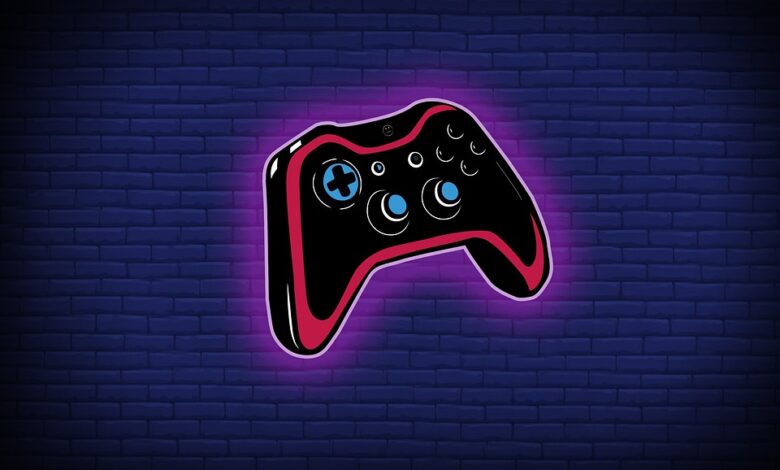The Role of Video Games in Building Cognitive Resilience.

In recent years, video games have become a major part of popular culture. While they are often associated with entertainment and leisure activities, studies have shown that video games can also play a constructive role in building cognitive resilience. Cognitive resilience refers to an individual’s ability to bounce back from setbacks, adapt to new situations, and maintain mental well-being. Here, we explore how video games contribute to the development of cognitive resilience and why they should be viewed as more than just a means of entertainment.
One of the key aspects of video games is their capacity to challenge players and stimulate problem-solving skills. Games often present complex scenarios that require strategic thinking, quick decision-making, and resource management. For example, in strategy games like “Civilization” or “SimCity,” players must consider various factors such as limited resources, opponents’ actions, and long-term planning to achieve success. By engaging in these mental tasks, players are prompted to think critically, analyze situations, and develop effective problem-solving strategies. These skills are highly transferable to real-life scenarios, allowing individuals to navigate challenges with greater ease and agility.
Another key aspect of video games that contributes to cognitive resilience is their ability to offer immediate feedback. Unlike traditional learning methods, where feedback can be delayed or limited, video games provide instant and continuous feedback on players’ actions and decisions. This immediate feedback loop enables players to experiment, fail, learn, and adjust their approaches accordingly. By experiencing the consequences of their actions within the game, players can develop a resilience towards setbacks and learn to persist in the face of failure.
Moreover, video games can also foster social connections and promote teamwork, both of which are essential in building cognitive resilience. Multiplayer games such as “Fortnite,” “Overwatch,” or “Minecraft” necessitate collaboration, communication, and coordination with teammates to achieve shared goals. These games encourage players to work together, delegate tasks, and solve problems collectively. By engaging in cooperative gameplay, individuals learn to navigate relationships, build trust, and develop effective communication skills. These social interactions not only promote resilience but also foster a sense of community and belonging.
It is also worth highlighting the potential benefits of video games in improving mental health. Numerous studies have shown that certain video games can be used as a therapeutic tool in treating various mental health conditions such as anxiety, depression, and attention disorders. These games, often referred to as “serious games,” are designed to engage players in activities that specifically target and improve cognitive functions. For instance, puzzle-based games like “Lumosity” or “Peak” are designed to enhance memory, attention, and problem-solving skills. By actively engaging in these games, individuals can boost their cognitive resilience as they train and strengthen their mental capacities.
Despite the positive impact of video games, it is crucial to acknowledge the potential downsides and maintain a balanced approach. Spending excessive amounts of time on video games can lead to sedentary lifestyles, physical health problems, social isolation, and addiction. Therefore, moderation and healthy gaming habits should be encouraged to fully harness the benefits of video games while minimizing any negative consequences.
In conclusion, video games have a valuable role to play in the development of cognitive resilience. Through their engagement with challenging scenarios, immediate feedback, social interactions, and potential therapeutic benefits, players can cultivate cognitive skills that enhance their problem-solving abilities, resilience, and mental well-being. By recognizing the multifaceted benefits of video games and leveraging them as a learning tool, we can unlock their potential to contribute positively to individuals’ lives.





